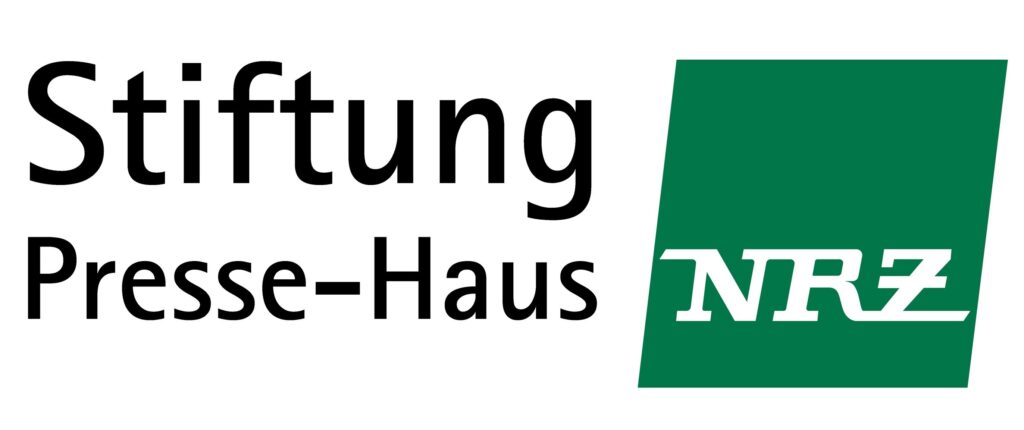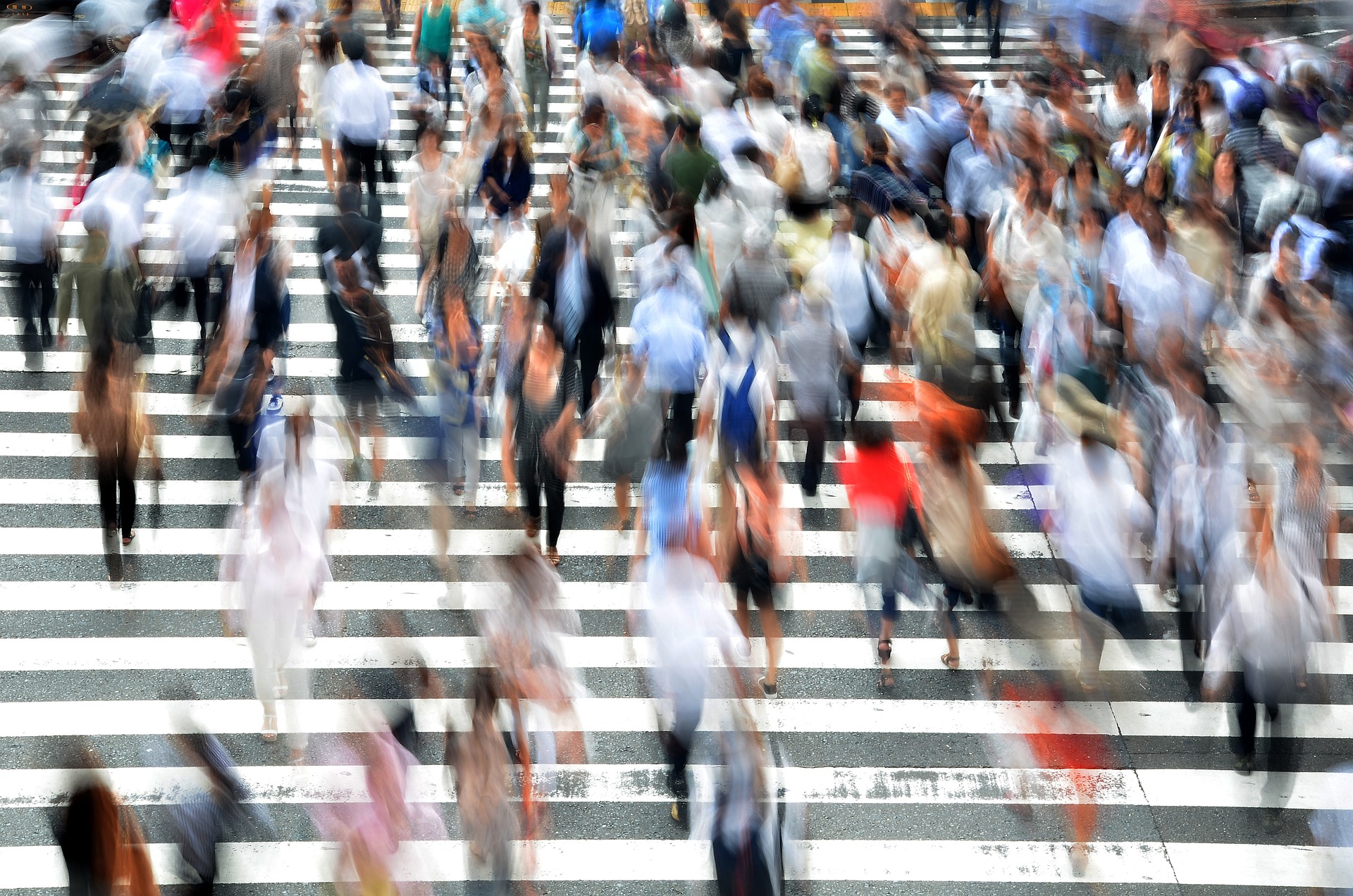Most important

In an era where newspapers and magazines are consistently losing subscribers and trust in journalism is becoming increasingly fragile among certain segments of the population, the long-term study „Journalism and Democracy“ seeks to explore the expectations various groups have for journalism in Germany.
To address these questions, the research team, led by Prof. Dr. Michael Steinbrecher and Prof. Dr. Günther Rager, conducted interviews with journalists, media consumers, and politicians. The study examines the roles assigned to journalism during times of social change and rapid technological advancement. It also investigates how interviewees perceive the relationship between democracy and journalism, whether journalism meets the expectations placed upon it, and where self-criticism of the field is warranted.
Seismograph for Change
The responses from different groups of respondents to the same questions provide valuable insights into how various socially relevant groups perceive journalism and its self-image. Comparing these results allows for a multi-faceted understanding of the evolving relationship between journalism and society.
The Approach
Since 2019, we have been surveying politicians, journalists, and the public. The most recent, third wave of the survey was conducted in 2024. This was preceded by a survey of newcomers to journalism, which included both students at the Institute of Journalism Studies at TU Dortmund University and trainees at various media companies.
The surveys

Journalists
Confronted with the challenges of the media industry on a daily basis, journalists position themselves with their self-image and their (self-)criticism. A view from within.

Audience
The audience is constantly provided with information. In cooperation with the forsa institute, the audience is surveyed about their expectations and criticisms of journalism.

Politicians
Politicians play a significant role in public discourse. And they are repeatedly the subject of news coverage. Political actors‘ impressions of the „fourth estate“.

The study „Journalism and Democracy“ is supported by the Foundation Presse-Haus NRZ.

